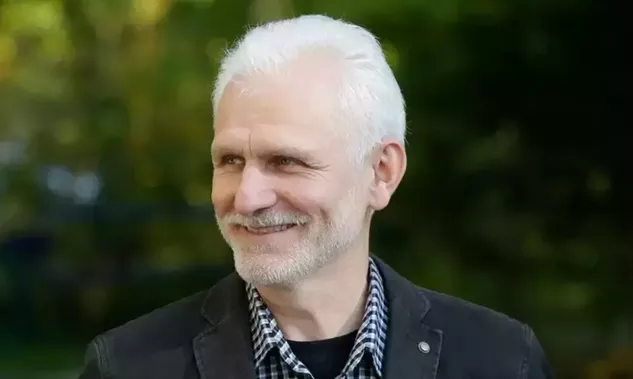Amidst mounting concerns over the health of Nobel Peace Prize laureate Ales Bialiatski, Amnesty International has issued a fervent plea for his immediate release and access to essential healthcare. Bialiatski, along with his colleagues, has been detained for three years under contentious circumstances.
Recently transferred to penal colony No. 9 in Horki, Bialiatski has faced severe restrictions on medical supplies from his relatives. This denial exacerbates existing health challenges stemming from a prior politically motivated imprisonment. Amnesty International’s Eastern Europe and Central Asia Director, Marie Struthers, underscores the urgency of this situation, emphasizing the critical need for Bialiatski and his colleagues to receive adequate medical attention without delay.
Bialiatski’s arrest in July 2021, alongside his colleagues from Human Rights Centre Viasna, occurred during their efforts to document human rights abuses following Belarus’s disputed presidential election. Their work, crucial in exposing government crackdowns and human rights violations, led to accusations of smuggling and disruptive financing—charges widely condemned as baseless and indicative of judicial abuse.
Amnesty International condemns the ongoing detention as a blatant misuse of the criminal justice system to silence dissent and stifle civil society in Belarus. The organization calls for the immediate release of Bialiatski and his colleagues, highlighting the injustice of their imprisonment and the detrimental impact on human rights advocacy in the region.
Viasna, Belarus’s largest human rights group, played a pivotal role in documenting arbitrary arrests, torture, and unfair trials following the protests. The arrests of Bialiatski, Valiantsin Stefanovich, and Uladzimir Labkovich underscore the systematic targeting of those advocating for freedom of expression and association in Belarus.
As the third anniversary of their imprisonment approaches, Amnesty International’s appeal resonates with urgency, urging authorities to prioritize human rights and provide necessary medical care to Bialiatski and his colleagues.
Related topics:
- Zimbabweans Cross Zambia Border for Affordable Healthcare and Medicines
- Impact of Abortion Restrictions on Mental Health Revealed in Latest Study
- New Study Highlights Health Risks of Transitioning Ships from Diesel to Ammonia Fuel


